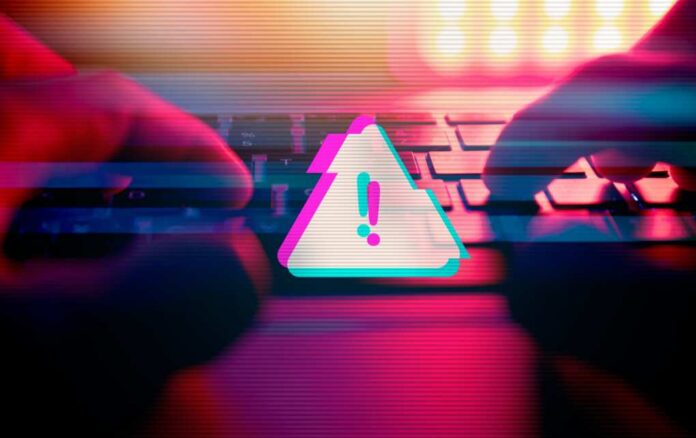
MedStealer malware exposed 276 million U.S. patient records in 2024, revealing the healthcare system’s crippling vulnerability to cybercrime.
At a Glance
- Fake doctor profiles were used in a massive phishing campaign
- 276 million healthcare records were stolen in 2024
- Medical data can sell for up to $1000 per record on the dark web
- U.S. organizations accounted for 95% of phishing targets
- Experts urge urgent investment in cybersecurity defenses
The Billion-Dollar Healthcare Hack
In one of the largest cyberattacks ever to hit the medical industry, the MedStealer malware campaign compromised over 276 million patient records across the United States in 2024. Cybercriminals deployed meticulously crafted phishing emails disguised as messages from licensed doctors, even using real photos and credentials to lull victims into trust. Once clicked, these emails infiltrated hospital systems, giving hackers access to troves of highly sensitive data.
The incentive is obvious: unlike a stolen credit card, which fetches about $5, a single patient record can be sold for up to $1000 on the dark web. That puts this data heist’s market value well into the billions—and paints a target on the entire healthcare industry.
Beyond the Data: A Human Catastrophe
The fallout from the breach goes far beyond financial implications. Victims risk extortion, identity theft, and fraudulent treatments. With access to full medical histories, cybercriminals can fabricate insurance claims, impersonate patients, or threaten to expose sensitive diagnoses. The psychological damage is immense, especially for individuals in vulnerable or stigmatized medical categories.
Watch a report: MedStealer Breach: What Went Wrong (editor’s note: replace with appropriate link).
Reinforcing the Digital Front Line
With nearly 25% of all U.S. data breaches targeting healthcare, experts are calling for immediate reforms. Hospitals and clinics must bolster defenses with multi-layered security systems, train employees to spot impersonation attempts, and invest in rapid threat detection protocols.
Cybersecurity is no longer optional—it’s essential to safeguarding lives and trust. As hackers grow bolder and more sophisticated, only organizations that prioritize digital resilience will avoid becoming the next headline. The MedStealer breach is not just a warning; it’s a wake-up call for the entire healthcare industry.




















